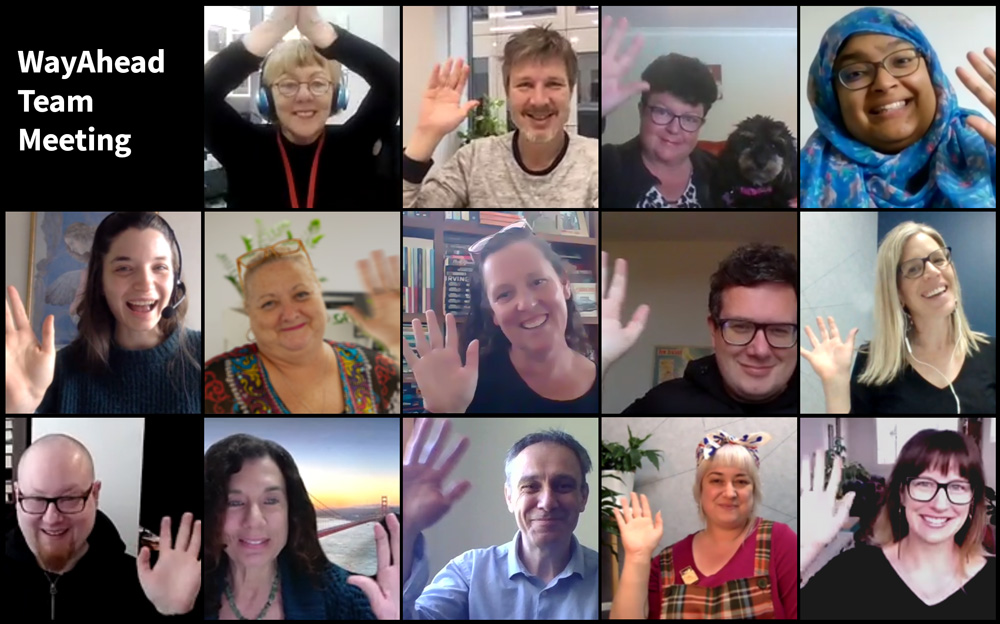Whether you are a person with experience of a mental health issue and/or families and carers of someone with a mental health issue, you may at some point want to share your experiences/recovery journey with others.
“Stories have the power to change the decisions people make… inspire people to learn"
(Suicide Prevention Australia, 2017).
Letting people know of your experiences can be rewarding, as well as contribute to destigmatise societal stigma in mental health.
However, there are major factors you should consider before sharing your story:
Purpose
Consider why you want to share your personal story, for example, is it to inform and educate others? Is it to share what has been helpful to you?
If you have been asked to share your personal story consider how it will be used and for what purpose. You always have a choice and can say no.
Exposure
You will need to consider the exposure that the story will bring to you. Publishing the story online may cause you to be opened to judgements and feel overwhelmed. Once your story is out in the public domain then there is no going back.
Have you shared your personal stories with others – it is better to share first with people you trust before going public.
Honesty
Share your story from your own view point. You are the expert (Suicide Prevention Australia, 2017). Be yourself.
Others
Will your story include other people? Do you need to seek their permission prior to telling your story? Will publishing the story affect them?
Boundaries
It is always best to think about your boundaries prior to telling your story. There may be aspects of your story that you wish to keep private. You do not have to tell all of your story and you don’t have to answer questions you do not want to answer.
Name
Do you want to use your full name, first name only or a make-up name ?
Anonymous
Do you want to remain anonymous? Do you want to use an alias?
Emotions
Telling your story may be an emotional experience as you revisit past experiences. It is important to ensure you have a support system in place to deal with any issues which may arise during and after the storytelling process.
You can ask for any material that is in the public domain by WayAhead to be removed, e.g. from a website - before using your personal story WayAhead will inform you if it is possible to remove it at a later date, for example, a story on the website can be removed but participation in an online video is more difficult.
Audience
Keep in mind who you are sharing the story with. Be mindful that sharing your story with the media may sometimes cause your story to be sensationalised, askew and/or your personal life to be intruded.
You do not know who will be your audience and how they are feeling so care is needed when discussing suicide (see guidelines re talking about suicide).
In order to counter stigma and discrimination toward people who experience mental health issues it is important not to perpetuate myths that people may have.
Stories of both challenge and positivity, and examples of your achievements and aspirations that go beyond your experience of mental illness are helpful.
Content
Consider what do you want to tell in your story. Things you may consider:
- Successful instances in challenging times
- The types of support system which has helped you
- Your unique view and experiences
- Any challenges which you and/or your loved ones may have faced and how they were overcome
- Avoid language of shame or guilt / language which may perpetuate stigma and stereotypes towards mental health
- Your first experience of distress
- Your recovery journey to wellbeing
- What is your motivation for sharing your story?
- Where are you now
Where do you want to tell your story?
Depending on your purpose, think about finding a comfortable, non-distracting time and place to tell your story.
How do you want to tell your story?
Do you want to tell your story via speech to the public, interview, written stories, poems, painting, video, or song?
See A Guideline for telling your story to WayAhead
However, remember that telling your story does not replace seeking help.
Useful Resources/ Contact number:
For Emergency please call 000
Lifeline (24 hours service) 13 11 14
Suicide Call Back: 1300 659 467
Kids Helpline: 1800 55 1800
Mensline Australia: 1300 78 99 78
Carer Australia (Eligibility criteria applies): 1800 242 636
SANE Australia: 1800 187 263 (Also provide online forum to share experiences and talk with other carers, families and consumers with ill mental health.
Beyond Blue: 1300 22 4636 (24 hours/7 days) or Chat online: 3pm to 12am / 7 days a week.
Reference:
Suicide Prevention Australia, 2017. Stories Matter.
Read some previous personal stories here

Tackling Illness Through Art: An Interview with Christie Begnell
At WayAhead, we first met Christie Begnell as a participant in our Eating Disorders: Dispelling the Myths video installation at Parramatta Library for … [Read More...] about Tackling Illness Through Art: An Interview with Christie Begnell
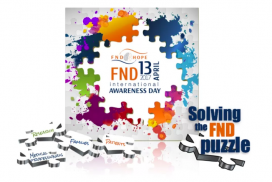
The Big Black Hole: Functional Neurological Disorder [FND] / Conversion Disorder [CD]
Falling through the gaps in the system between neurology and psychiatry – The disconnect between Mind and Body Like many people with functional [also … [Read More...] about The Big Black Hole: Functional Neurological Disorder [FND] / Conversion Disorder [CD]

Bob Murphy’s Musings on Life, Vulnerability and His New Memoir
Bob Murphy is one of the AFL’s most loved characters – he is charming, poetic and one-of-a-kind. Bob, the son of a former priest and a … [Read More...] about Bob Murphy’s Musings on Life, Vulnerability and His New Memoir

Laura’s Story
What’s wrong with mum? Laura always knew something was wrong with her mum. She just didn’t know what. She would walk into her mum’s bedroom in the … [Read More...] about Laura’s Story

Creating your own fit – the story behind Queanbeyan’s anxiety support group
When Simone first moved to Canberra in 2015, there was a lot to get used to. “The weather” she said immediately, when asked what she struggled with … [Read More...] about Creating your own fit – the story behind Queanbeyan’s anxiety support group

He’ll Be Right: My Journey with Anxiety
I was probably always what people would assume was just shy, as a child, but there was always that worry that other kids didn't seem to have. Things … [Read More...] about He’ll Be Right: My Journey with Anxiety

